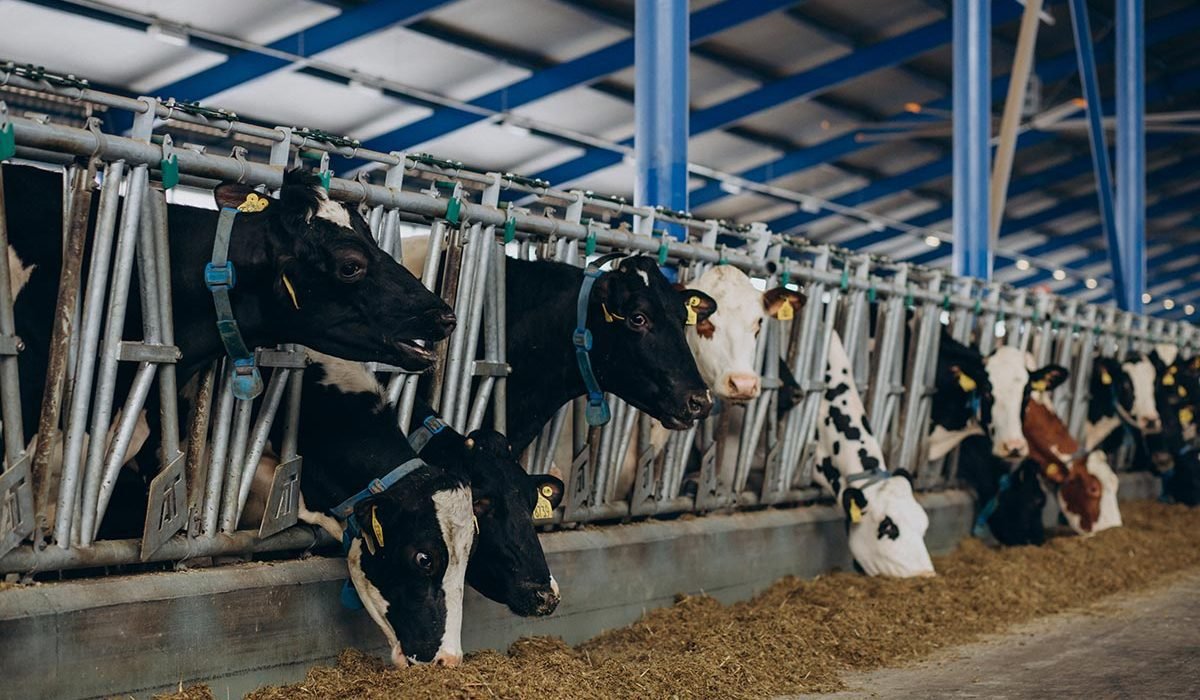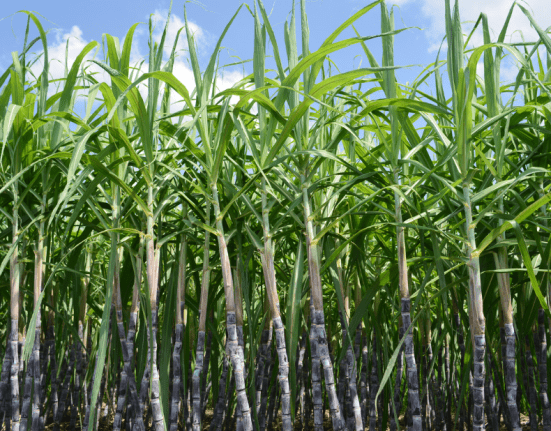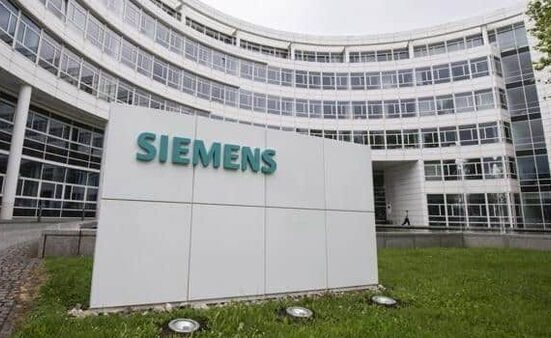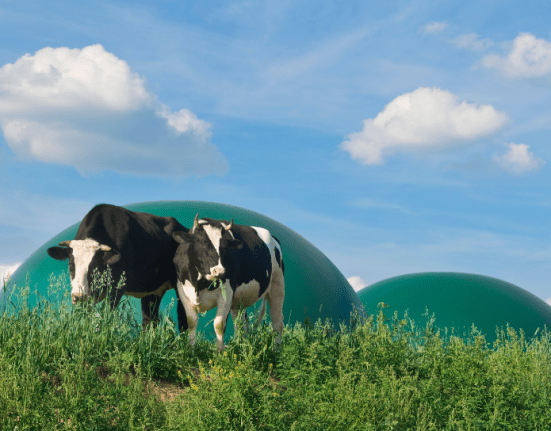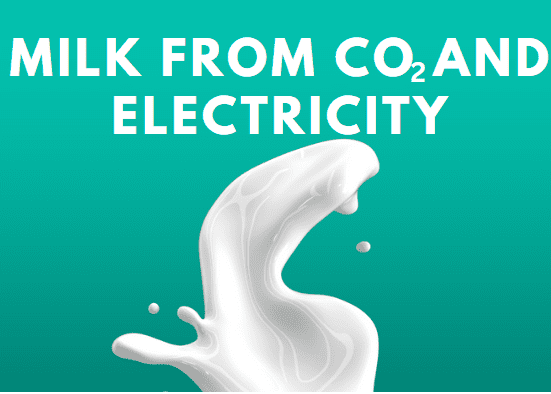MetaCycler BioInnovations, a groundbreaking startup incubated at Velocity, the University of Waterloo’s innovation hub, is revolutionising sustainability by crafting biodegradable materials from dairy industry waste. These innovative materials have a diverse range of applications, including the creation of eco-friendly plastic-like straws.
Highlights of the Innovation :
MetaCycler’s cutting-edge technology leverages genetically modified microorganisms to transform dairy waste, derived from milk and cheese production, into Polyhydroxyalkanoates (PHA). PHA is a naturally occurring plastic-like substance produced by microorganisms, serving as the foundation for many of today’s biodegradable plastic products.
Nicole LeBlanc, MetaCycler’s visionary co-founder and CEO, shared, “We often hear the question, ‘Can I get my straw back?’ Our material possesses versatile properties applicable to various uses, including the production of rigid, plastic-like materials capable of replacing conventional plastic straws. These straws mimic the texture and feel of plastic but are completely biodegradable, even in marine environments.”
The Founders :
The founding team, consisting of Nicole LeBlanc, Aranksha Thakor, Eugenia Dadzie, Shirley Wong, and Jonathan Parkes, initiated their journey with Velocity earlier this year, drawing on their roots in University of Waterloo research. Thakor, LeBlanc, and Dadzie are doctoral candidates in the Faculty of Science, while Wong is pursuing post-doctoral studies.
Co-founder Thakor reassured, “Our microorganisms are entirely safe for humans, animals, and plants, naturally producing PHA. We’ve modified their dietary preferences to enable them to consume dairy waste and synthesize PHA. This concept can extend to any organic waste source, allowing us to harness bacteria’s genetic potential to create plastic-like materials from various food processing plants and household organic waste.”
The development of biodegradable plastic-like straws is just a glimpse of MetaCycler’s monumental environmental impact. Furthermore, the assumption that conventional bioplastics are universally eco-friendly is often misleading.
Thakor emphasized, “Genuine bio-based and biodegradable plastics that decompose both in marine and terrestrial environments while retaining plastic’s essential properties are scarce. Some industries aspire to adopt sustainable plastics, but existing solutions fall short of meeting their requirements.”
LeBlanc concluded, “We are pioneering technology capable of producing a material with the potential to revolutionize the world. However, our focus now is on transforming this potential into a viable business, a journey facilitated by Velocity.”
In a world where everything has a lifecycle, products crafted with MetaCycler’s materials will ultimately return to the earth, mitigating the long-lasting pollution that conventional plastics impose on the environment.

